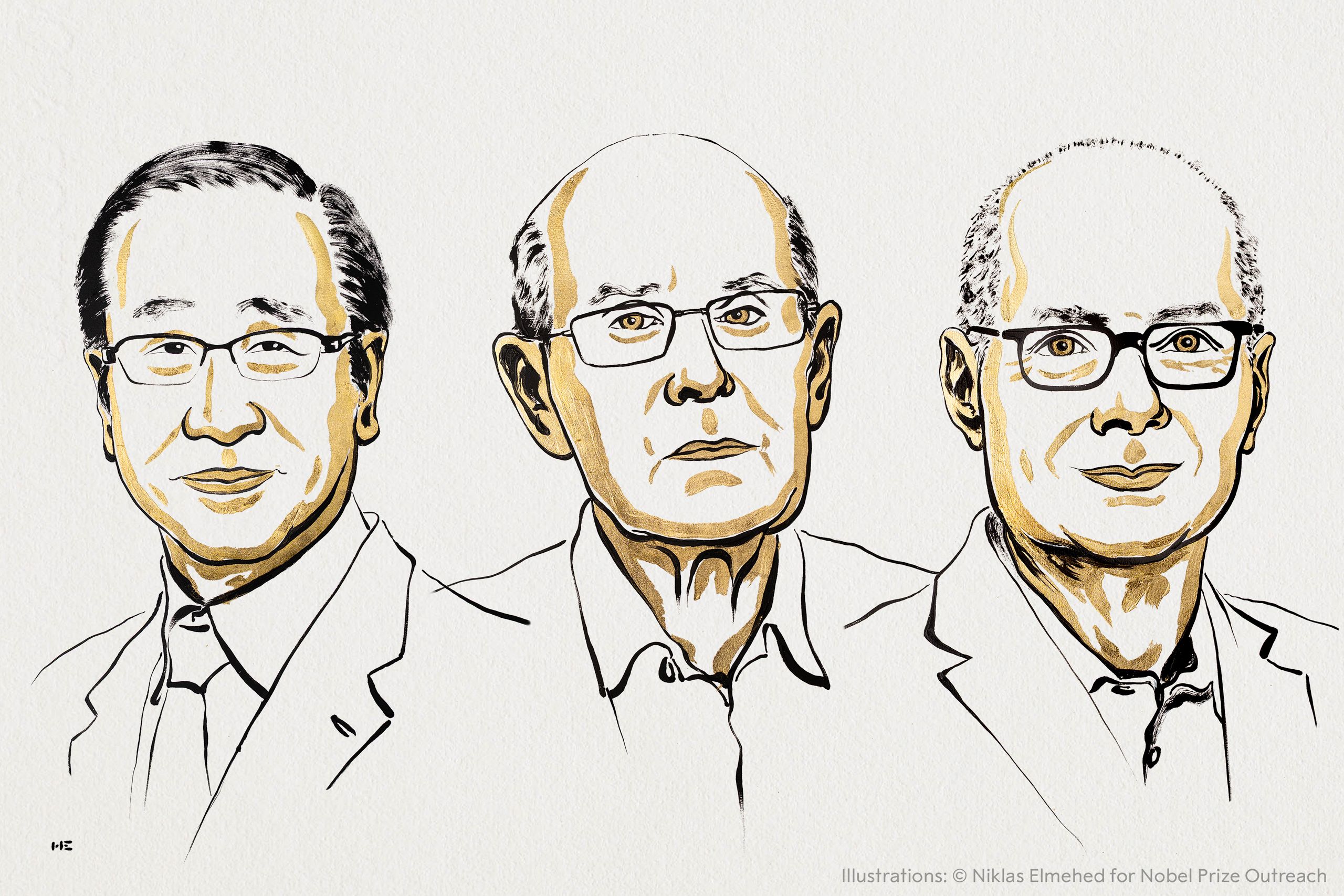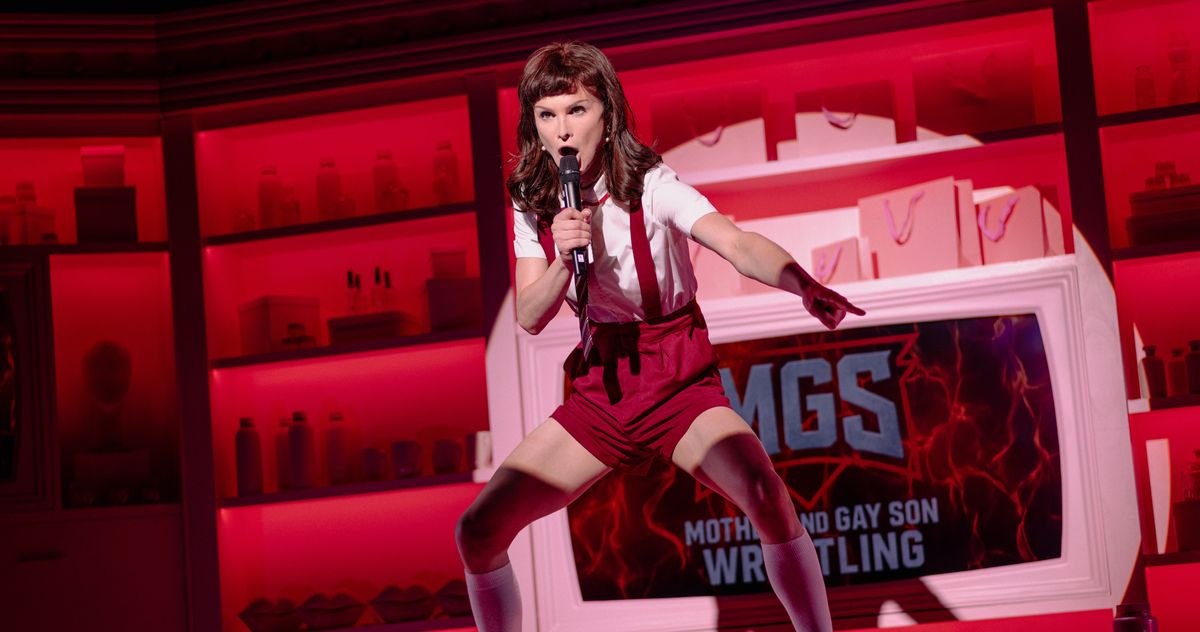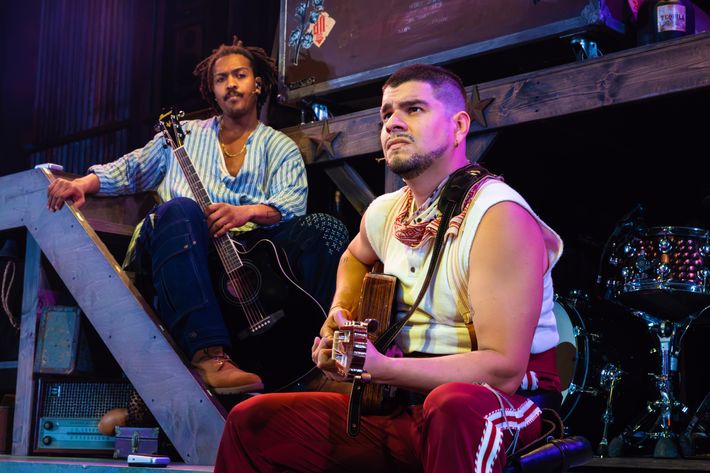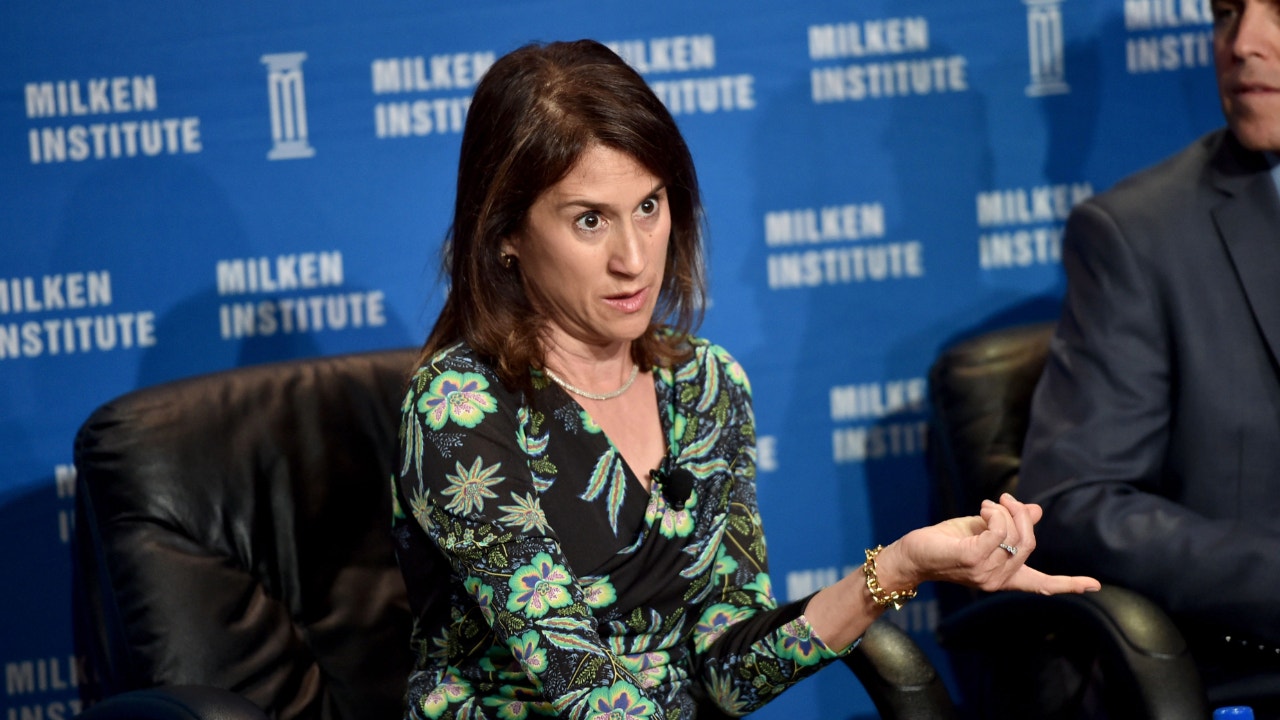Dylan Mulvaney in The Least Problematic Woman in the World.
Photo: Andy Henderson
A sequence in the latter half of Dylan Mulvaney’s autobiographical show, The Least Problematic Woman in the World, offers a neat summary of the sudden recent rug pull in the relationship between corporate America and trans people. In the show, Mulvaney has just decided to start transitioning and finds herself approached by a chipper avatar of an advertiser, a character played by Mulvaney in prerecorded video, who promises her, since she’s “kind, approachable, and well mannered,” that she’s the perfect face for “trans palatability.” “FUCK YES,” Mulvaney responds to the screen. “I mean, yay!” Suddenly, she’s thrust onto a talk show, where she has to respond politely to invasive questions from a perky blonde interviewer (also Mulvaney on video in a different wig), and given an ominous contract to sign in which she promises to “relentlessly exploit her identity through social media.” For the next few minutes, Mulvaney putters around the stage like an animatronic housewife just escaped from the Tomorrowland section of Disneyland, shilling for whatever products are thrust into her hands: “trans palatable mascara”; the “tranpon, for the girl who has everything except a bleeding uterus”; a treadmill because “maybe it’s my responsibility to normalize trans people in sports?”; and finally, in a gesture accompanied with a drumroll as if we’re seeing Sweeney Todd’s right arm become complete again, Mulvaney’s handed a beer.
If you’re familiar with Mulvaney’s experience in the public eye — and you probably are if you’ve made it to the Lortel to see her one-woman show — you knew this moment was coming. Mulvaney rose to fame with her “Days of Girlhood” series of TikToks, a carefully upbeat, often naïve journal of her transition, but she became most widely known as the target of a right-wing firestorm in early 2023, after she made a sponsored post with Bud Light. The Least Problematic Woman in the World leaves out the proper nouns — the beverage is referred to only as “trans-palatability beer” — but dramatizes the swift and vicious response to that partnership. Right-wingers called for a boycott of the beer, while Anheuser-Busch left Mulvaney out to dry. Kid Rock, here “a country star,” filmed himself firing a machine gun at Bud Light cans. Marjorie Taylor Greene, “a congresswoman,” called Mulvaney a pedophile. “Beergate,” as Mulvaney calls it in her script, looks like a dark prelude to the following year’s election and the accompanying conservative swing of corporate America. She was the bright-pink canary in the coal mine of rainbow capitalism. In The Least Problematic Woman in the World’s most touching onstage gesture, as she’s hiding out from bomb threats, she strips down and climbs into a comically small tub of water with her best friend, represented onstage by a doll. “This is above my pay grade,” the doll tells her. “It seems like you may need to talk to a trans person.”
If The Least Problematic Woman in the World provides a harrowing account of what it’s like to become a target, it also shows its star still wrestling with, and often clinging to, that thorny thing called palatability. The show, written by Mulvaney and directed with relentless pep by Tim Jackson (a rising British director who’ll be on Broadway later this year with Two Strangers), takes its time getting to the big controversy, and it desperately wants to entertain everyone along the way. Before the performance, Mulvaney wanders through the crowd in angel wings happily greeting members of the audience — you may notice a security guard quietly trailing her, one of many pointedly grim undertones — and then launches into a series of vignettes from her early closeted years. Before her transition, Mulvaney was touring the country in The Book of Mormon, and her show gives her a chance to show off musical-theater chops — the list of composers who contributed original songs includes Ingrid Michaelson and Six’s Toby Marlow — as well as a sense of humor that veers toward the lane of Trey Parker and Matt Stone with more than a little Ryan Murphy suburban grotesque thrown in. Her stage persona is a few steps away from the squeaky-clean one she projected on TikTok; there’s a fair amount of swearing and a lot of jokes about how much transitioning messes with your bladder, but it’s all still approachable in a Cards Against Humanity sort of way. In the first scene, she’s an angel who messes up her terrestrial tasks and then can’t understand why she’s assigned the wrong body when she’s sent back to Earth. Later on, she’s downing “twink” pills to appease her conservative mother because, though it’s disappointing to have a gay son, it’s still better than coming out as a trans daughter. Mulvaney skips between scenarios in a way that keeps the energy high but leaves you wanting a little more context. There are tales from Catholic high school — in which Alan Cumming has provided the voice of a disapproving priest — and from musical-theater conservatory, during which Mulvaney gently goads one of the (few) straight men in her audience to perform trans allyship by playing her crush.
While she steers the show with the bright smile of a good missionary spreading the gospel of going beyond the binary, the cheerful profanity of The Least Problematic Woman becomes its own constriction. Mulvaney has done other interviews and published a book in the wake of Beergate, and onstage, she’s still hitting her talking points. Increasingly, you note the way she sweeps past what she would prefer not to discuss, which stands out in an otherwise confessional format. A solo show like this, and so many others that have made their way through the Edinburgh Fringe, demands a little blood. Mulvaney avoids calling out enemies and presents herself as the passive subject of many events in her life — often deservedly so, in something like Beergate — but with a cumulative optimism that keeps her own psychology in reserve. I kept wondering why she would want to put so much online in the first place: Was it a desire for fame and fortune? A need for acceptance? A stab at finding community? Likes-based dopamine? It was presumably a stew of impulses, and Mulvaney isn’t one for deep introspection or outward analysis. She’s vague about class — there are several jokes about how much her mother loves Costco and a general sense of growing up comfortable — which is fine except that so much of the show’s climax seems to depend on money. Brand deals, she says in that giddy trans-palatability sequence, help her pay for her surgeries. But the notion that, as a trans person with expensive health care, your best option is selling yourself into a system that would happily discard you goes underexplored. Or rather, it’s dispatched quickly: In the midst of a sing-along finale, once Mulvaney has downed a vial of “nuance,” she says the villain all along “was actually late-stage capitalism and misogyny,” a phrase akin to saying Libya is a land of contrasts.
When Mulvaney takes her friend’s advice and starts connecting with other trans people, she receives varied and sobering messages. In voice-overs read by trans celebrities, she hears that she’s inspiring and a disappointment, that she needs to buckle up and face the reality that trans people are all in danger, and that she should just go off the grid and adopt a dog. You want to hear more of that conversation as the newbie learns from those who have seen it all. Mulvaney doesn’t linger on it, whether out of deference to her queer elders or because she is, by her own admittance, so focused on approval from outside her own group. In that sequence, Mulvaney expresses mixed feelings too, about her decision to put the whole diary of her transition online in the first place, saying other trans women later suggested she might’ve wanted to take longer to “fully cook,” a line that passes quickly but darkens the rest of this bright-pink event. There are things that, once shared, you can’t ever take back. The Least Problematic Woman bends toward the triumphal — there is, after all, a sing-along — but what a terrible disappointment it must be to expose your tenderest experience to the world and have so many people loudly and bitterly reject it and then, for the sake of your brand, to relive it again and again.
From Mexodus, at the Minetta Lane.
If Mulvaney keeps the sociology to a minimum, you can walk a few blocks across the West Village to find a musical that is, in contrast, swathed in historical context. The creators and stars of Mexodus, Brian Quijada and Nygel D. Robinson, set out to revive a legacy that has gone underdiscussed: the stories of enslaved people who fled not north toward Canada but south across the Rio Grande. The pair does so via live looping: Quijada and Robinson play instruments onstage, whether a guitar or an upright piano, record themselves, and then layer that phrase under another musical gesture. The songs develop in a sedimentary way that serves the musical’s thematic aims. As Mexodus goes along, you feel the show accumulating a library of aural references and stitching together its own history.
Quijada and Robinson developed the show through work on a concept album presented in 2021, and their music, ranging from hip-hop to Cuban bolero to spirituals, carries the piece along with their own charisma as performers. They’re well matched: Robinson has a sizable build and stolid presence but a faraway look in his eyes, whereas Quijada is smaller and fiercer. Together, the two act as the show’s own hype men and narrators while playing a pair of composite characters based on what might have been historically plausible. Robinson is Henry, a runaway slave from a plantation in southern Texas; Quijada is Carlos, a former medic in the Mexican army who rescues Henry from drowning in the Rio Grande but remains suspicious of him.
Their relationship is schematic — distrust quickly blossoms into friendship, encouraged by a dramatically convenient flood — but it’s deeply felt. Robinson and Quijada annotate Mexodus with lessons on the separate but entwined oppression of Black and Latino people in the United States as well as anecdotes from their own lives, emphasizing the importance of solidarity between the groups. The show, maybe inevitably, lies somewhere adjacent to Hamilton in genre, though lacking its bullet of dramatic propulsion, and it may strain your capacity for “bet you didn’t learn this in history class” packaging. But underneath Robinson and Quijada’s cool-teacher enthusiasm, Mexodus offers a bitter vision of America to swallow, and it arrives at a profoundly unhopeful moment. That’s why, perhaps, the music Henry and Carlos sing together in the show’s latter half hits so hard. It’s touching to see the two men come together with guitars so plaintively in the moonlight despite the pressure that would often make men like these turn on each other in the present or the past. And it’s sneakily powerful when Robinson and Quijada, in their last number, involve their audience by having them hum along. It creates a kind of covenant between performers and observers merged together in harmony. You can’t deny what you’ve witnessed because you’re part of the loop.
The Least Problematic Woman in the World is at the Lucille Lortel Theatre through October 19.
Mexodus is at the Minetta Lane Theatre through November 1.














